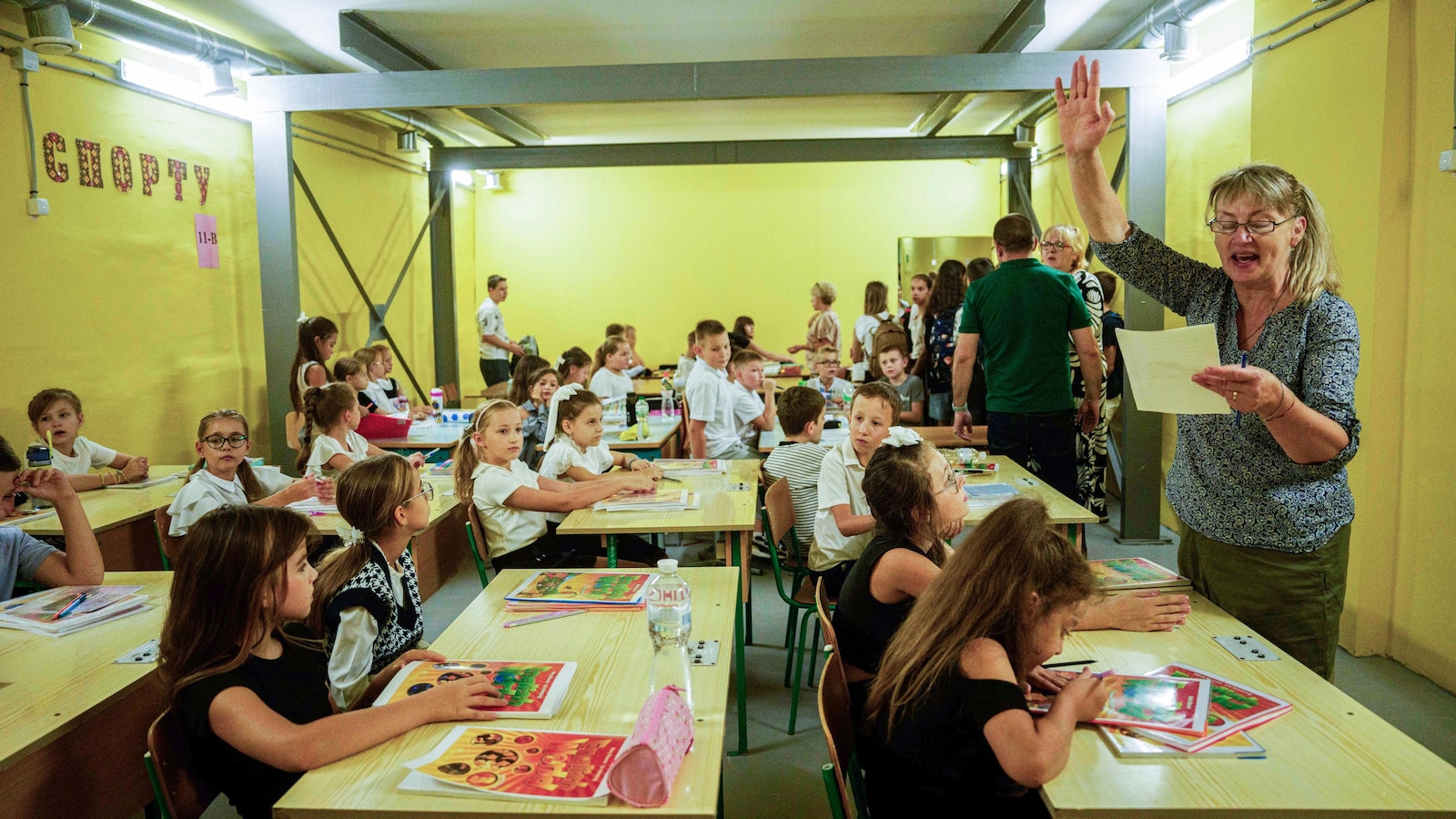The ZNPP, with its six reactors, has been a focal point of international concern due to repeated shelling and military operations in its vicinity, which have led to fears of a catastrophic nuclear incident. While Russian forces deploy conventional weapons like drones, ballistic missiles, glide bombs, and artillery shells, the threat of a nuclear disaster adds an unprecedented layer of risk to the already volatile situation.
Despite being in cold shutdown—meaning it is not currently generating electricity—the power plant still requires a stable power supply for essential safety systems, such as pumps for cooling water and radiation monitoring. The International Atomic Energy Agency (IAEA) has maintained a limited presence at the facility, but regular attacks on Ukraine’s electrical grid raise serious concerns about prolonged outages that could compromise safety protocols. This precarious situation is exacerbated by Russia’s ongoing bombardment of Ukrainian infrastructure, which has already resulted in power disruptions.
In response to the ongoing threats, the city of Zaporizhzhia is taking proactive measures to protect its youth from both the dangers of conventional warfare and potential nuclear fallout. Local authorities have begun constructing underground schools designed to be both bomb- and radiation-proof, a crucial initiative aimed at safeguarding the educational future of approximately 12,000 students. The underground version of Gymnasium No. 71 alone has a budget exceeding 112 million hryvnias (around $2.7 million), with funding largely provided by international donors.
President Volodymyr Zelenskyy has accused Russia of deliberately targeting nuclear facilities, raising alarms about the implications for both Ukrainian citizens and broader regional security. As part of his efforts to highlight the severity of the situation, Zelenskyy has warned that Russia may be preparing further attacks on Ukraine’s nuclear power plants, which account for a significant portion of the country’s energy supply.
The ongoing conflict has transformed the educational landscape in Zaporizhzhia. Since the outbreak of war in February 2022, many schools have been forced to continue online classes, leaving most young residents unfamiliar with traditional classroom environments. The underground school project not only addresses the immediate safety concerns but also aims to restore a sense of normalcy amidst chaos.
As the specter of a nuclear disaster hangs over Zaporizhzhia, the combination of conventional military threats and potential nuclear risks presents a complex and terrifying reality for residents. With Russian leaders hinting at the possible use of nuclear weapons and the strategic importance of nuclear sites in the conflict, the stakes for the people of Ukraine continue to escalate. The international community watches closely, aware that the implications of this crisis extend far beyond the borders of Ukraine.


